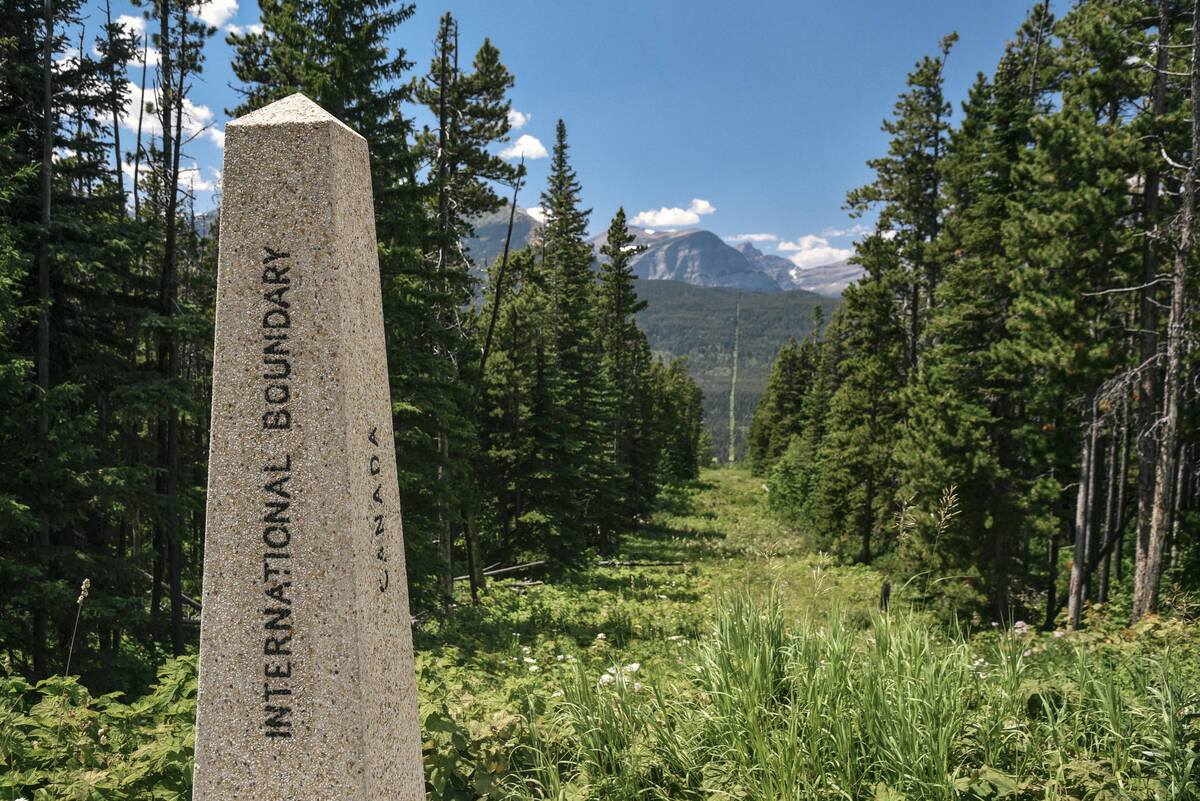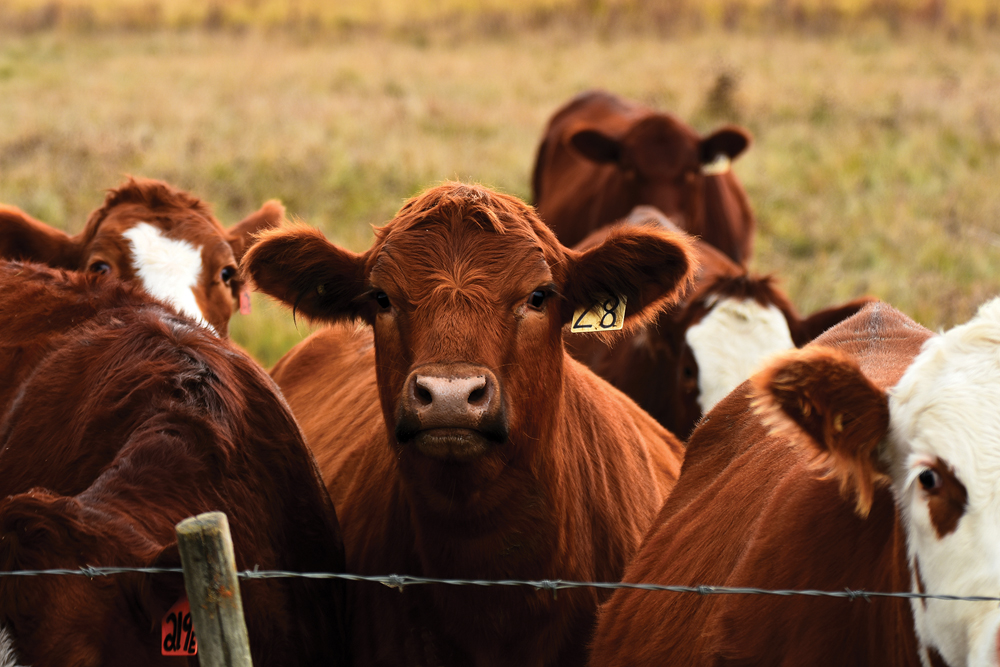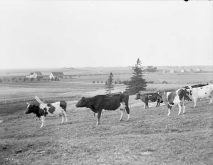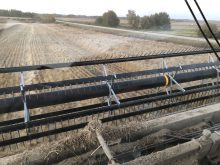Several years ago Ralph Eichler, then the newly-minted provincial agriculture minister in the early days of the Pallister government, staked out a goal.
He said he wanted to see the province’s beef herd rebuilt to its pre-BSE high water mark. Before that economic disaster hit the sector, Manitoba had been home to about 750,000 beef cows.
It fell as low as about 350,000 in the depths of the outbreak and subsequent near-global trade lockout. As Eichler spoke, roughly a decade after the U.S. once again allowed shipments of Canadian cattle, it had only slowly climbed back up to just above 400,000 beef cows.
Read Also

Trade uncertainty is back on the Canadian national menu
Even if CUSMA-compliant goods remain exempt from Trump’s new tariffs for now, trade risk for farmers has not disappeared, Sylvain Charlebois warns.
Few would doubt the sincerity of Eichler’s statement. As a long-time participant in the province’s cattle sector himself, and noted booster of agriculture in general, he clearly wanted to see the growth happen.
He will retire from politics without realizing that dream. That it didn’t happen isn’t necessarily the fault of him or the provincial government. Just after his call for rebuilding, the province was struck by a crippling drought that lasted several years, further stressing an already stressed sector.
That additional disaster triggered the greying demographics of Manitoba’s cattle country. A lot of older producers decided enough was enough.
Now there are anecdotal reports that younger producers are losing heart and packing it in too. This is especially concerning as they are the future of the cattle business in Manitoba.
However, there are also examples of the provincial government appearing to work at cross-purposes to its own stated goal.
One of the most glaring is the botched reformation of the rules surrounding Crown land leases.
The province tripled its lease rates at a time the sector could least afford it, and threw uncertainty into many of these operations by doing away with unit transfers.
[RELATED] Crown land leaseholders eye legal challenge
Neither of these is a sound economic footing for the sector to stabilize and then grow, and appears to have been made purely to hew to the governing party’s obsequious adherence to free market ideology.
Another was the government’s repeated stubborn refusal to trigger the AgriRecovery program until basically being shamed into it.
The existing suite of support programs seems to already be enough of an ill-fitting suit for the cattle sector that this added insult made them essentially useless, especially at a time when these families needed to know their province had their backs.
But the most basic failing of the province appears to be having a goal, and then failing to have a comprehensive plan to reach that goal.
Why isn’t entirely clear. There are a number of obvious hurdles that need to be cleared from the track.
They can start by meaningfully revisiting the Crown land policies. Right now its three-year rent reduction program amounts to window-dressing. The affected producers will pay 50 per cent of their rate in year one, 77 per cent in year two, and 85 per cent in the final year. By the government’s own figuring, this will amount to about $4 million in rent relief, and knowing how politics is practiced these days, one can safely assume they’re probably rounding up.
[LETTERS] Ag minister should honour Crown lands promise
[LETTERS] ‘Be careful what you ask for’ on Crown lands
Some may point at permanently reducing rental rates and suggest it’s an unfair subsidy for the sector. But this is a government with a long track record of making investments to spur growth. It just announced the leadership of its $50-million venture capital fund, for example. There was a $5.5-million funding announcement to support Winnipeg’s bid to host the Grey Cup in 2024 or 2025. And that’s just what we found in the press release file since Oct. 1.
Why a Grey Cup bid garnered $1.5 million more than a group of hard-pressed farm families that are also a significant economic engine for rural Manitoba isn’t entirely clear. But it does speak to this government’s priorities.
If the current government truly is a listening government, as Derek Johnson, the current provincial agriculture minister, insists, then we have a few suggestions for him.
Stop messing around the edges of the Crown lands program, and take a producer-first focus. By all means, take steps to ensure the leases remain actively grazed, and have mechanisms in place to enforce that. But a farmer currently producing livestock on that land doesn’t need the uncertainty that will come with regular lease auctions. They deserve security of tenure, and the ability to pass the operation along generationally, or transfer its ownership as a unit.
Provide a pathway for young people to find their way into the business, and mentorship so that they’ll be successful when they do. That might be low-interest loans, or preferential treatment when Crown land leases do become available.
And put livestock producers on an even footing with other farmers for things like insurance, which sees other sectors footing only part of their crop insurance premiums.
Without serious steps like this, the sector looks set to reach a ‘critical de-massing’ inflection point where it will become too small to succeed.
















